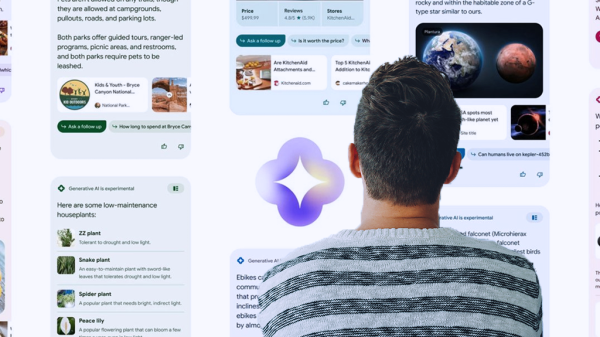Privacy concerns should be at an all-time high with the sheer number of people working from home–something that may have been factored into Google’s recent decision to begin phasing out third-party cookies in their Chrome browser.
In doing so, Chrome would join browsers such as Safari and Firefox–two popular alternatives that have been more proactive about protecting user privacy in the past, according to The Verge.
Cookies, for those who don’t know, are small pieces of information stored on your computer by websites you visit; when third-party cookies are downloaded from these sites, they can track your activity across the internet, thus resulting in unpleasantries like targeted ads and location-based services appearing in your browser.
It’s all a little too accurate to your habits for comfort, so Google is proposing a separate solution: trust tokens.
No, trust tokens are not the newest form of currency on CBS Survivor–they’re “smart” iterations of cookies that will validate your access to a specific website without tracking you once you leave that page. This way, you get to keep your website-specific data–passwords, usernames, and preferences–without having your privacy encroached upon any more than Google already does (admittedly, that doesn’t sound like much of a change, but bear with us).
The real catch for trust tokens is that they don’t actually identify you the way that cookies do, and while some of the side effects of trust tokens may resemble cookie use–e.g., advertisers knowing you clicked on their ad–tokens are a decidedly less personal, more private way to access web content.
Google isn’t just throwing out third-party cookies as a gesture, it seems. Along with the announcement about trust tokens, Google mentioned that they plan to create more transparency around ads–specifically by allowing you to see why you’re seeing a specific ad and from whom and where the ad originated. An extension to help lend additional information about ads is also in the works.
These changes are expected to be implemented within the year. For now, though, you should stick to Firefox or Safari if you’re worried about cookies–you’ll be able to get back to your Chrome tabs soon enough.
Jack Lloyd has a BA in Creative Writing from Forest Grove's Pacific University; he spends his writing days using his degree to pursue semicolons, freelance writing and editing, oxford commas, and enough coffee to kill a bear. His infatuation with rain is matched only by his dry sense of humor.













































Pingback: If you own a website, Google is requiring that you make changes